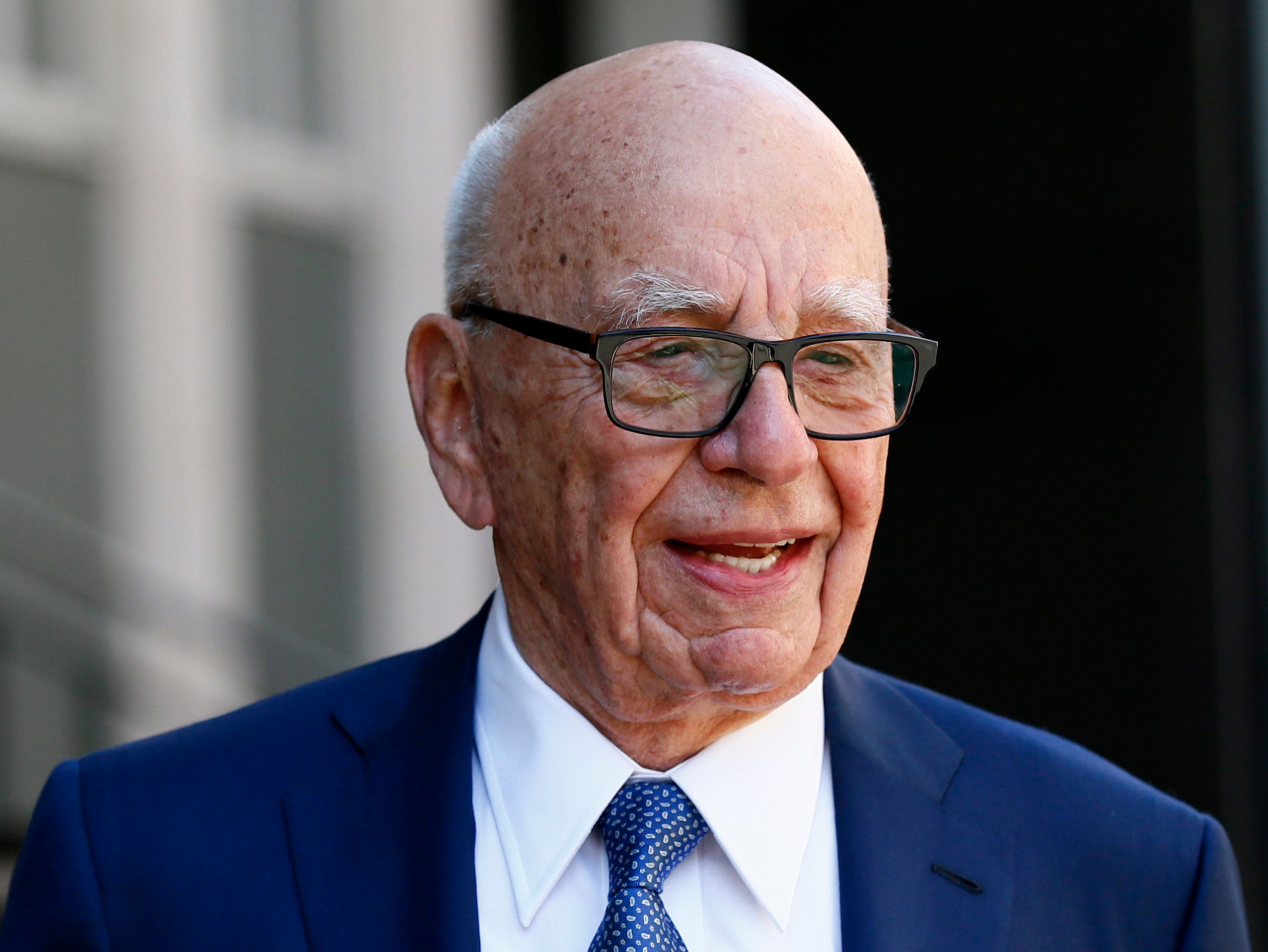
Google has been hit with a record fine of 2.42 billion euros (£2.1 billion) by Europe’s competition watchdog after breaching antitrust rules with its online shopping service.
The European Commission said the tech giant had abused its market dominance as a search engine by handing an “illegal advantage” to its comparison shopping operation.
Times and Sun owner News Corp welcomed the judgment saying Google’s “abuse of algorithms” has been bad news for journalism and an informed society.
The publisher said: “We applaud the European Commission’s leadership in confronting the discriminatory behavior of Google in the comparison shopping industry. Other regulators and companies have been intimidated by Google’s overwhelming might, but the Commission has taken a strong stand and we hope that this is the first step in remedying Google’s shameless abuse of its dominance in search.
“We strongly believe that the abuse of algorithms by dominant digital platforms should be of concern to every country and company seeking a fair, competitive and creative society. Google has profited from commodifying content and enabling the proliferation of flawed and fake news, to the detriment of journalism and of an informed society.”
Google made at least £4bn out of search advertising in the UK alone in 2016. It is reckoned to command at least 90 per cent of the search engine market in the UK.
Together, Google and Facebook are predicted to take 71 per cent of all online advertising by 2020, leaving little left in the market for news publishers. This prompted Press Gazette to launch its Duopoly campaign which seeks to stop the two US giants destroying journalism.
In a statement, commissioner Margrethe Vestager said: “Google has come up with many innovative products and services that have made a difference to our lives.
“That’s a good thing. But Google’s strategy for its comparison shopping service wasn’t just about attracting customers by making its product better than those of its rivals.
“Instead, Google abused its market dominance as a search engine by promoting its own comparison shopping service in its search results, and demoting those of competitors.”
The watchdog launched an investigation into Google Shopping seven years ago amid complaints it gave the service a prominent position on the internet search engine, while rival services were demoted.
Google now has 90 days to stop the practice or face a penalty of up to 5 per cent of the average daily turnover of the firm’s parent company, Alphabet.
Vestager added: “What Google has done is illegal under EU antitrust rules. It denied other companies the chance to compete on the merits and to innovate.
“And most importantly, it denied European consumers a genuine choice of services and the full benefits of innovation.”
The watchdog said Google was the most dominant search engine across the 31 countries in the European Economic Area (EEA).
It found that Google had handed its comparison shopping service an illegal advantage in 13 EEA countries, including in the United Kingdom and Germany where it was launched in 2008.
The abuse caused traffic to Google’s shopping service to jump 45-fold in the United Kingdom, 35-fold in Germany and 19-fold in France.
However, the demotions to rival websites triggered sharp reduction in traffic, with some UK sites seeing visitor numbers plunge 85 per cent.
Ms Vestager added: “What Google has done is illegal under EU antitrust rules. It denied other companies the chance to compete on the merits and to innovate.
“And most importantly, it denied European consumers a genuine choice of services and the full benefits of innovation.”
The fine handed to Google is a significant hike of the previous record penalty of 1.06 billion euros (£937 million) dished out by the commission to US microchip firm Intel in 2009.
It follows the internet search giant’s controversial £130 million deal with HM Revenue & Customs in January 2016 to settle a ten-year tax inquiry into its UK business.
In response to the commission’s decision, Google said: “When you shop online, you want to find the products you’re looking for quickly and easily.
“And advertisers want to promote those same products. That’s why Google shows shopping ads, connecting our users with thousands of advertisers, large and small, in ways that are useful for both.
“We respectfully disagree with the conclusions announced today. We will review the commission’s decision in detail as we consider an appeal, and we look forward to continuing to make our case.”
Google launched its comparison shopping service as Froogle in 2004, before changing the name to Google Product Search in 2008 and later Google Shopping in 2013.
Despite Google’s dominance, the service had initially struggled to make headway against the established players within the market.
The commission’s investigation revealed Google’s own doubts about the comparison platform, with internal emails from the tech giant in 2006 saying the service “simply doesn’t work”.
The firm changed tack in 2008 and began displaying the comparison shopping service at the top of search results, according to the watchdog.
It added that Google’s algorithms also knocked its competitors further down the search results, with the most highly ranked rival sitting on page four.
Underscoring the disadvantage, the commission cited evidence saying 95 per cent of clicks on desktop computers were made on the first page of search results, while the first result on page 2 attracted only 1 per cent of clicks.
The EU is also investigating whether Google had attempted to squeeze out its rivals in online search advertising and through its Android mobile operating system.
Email pged@pressgazette.co.uk to point out mistakes, provide story tips or send in a letter for publication on our "Letters Page" blog
